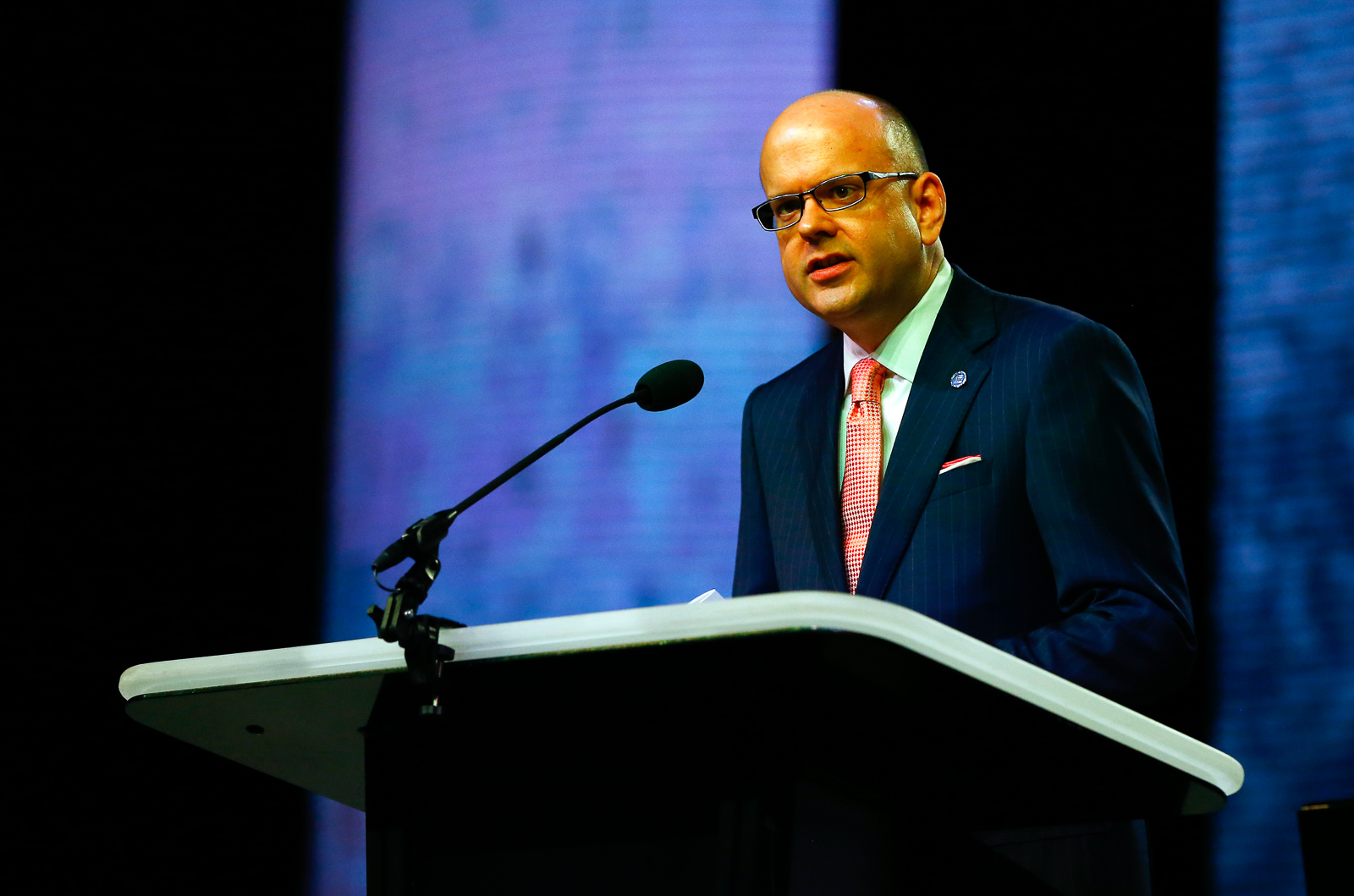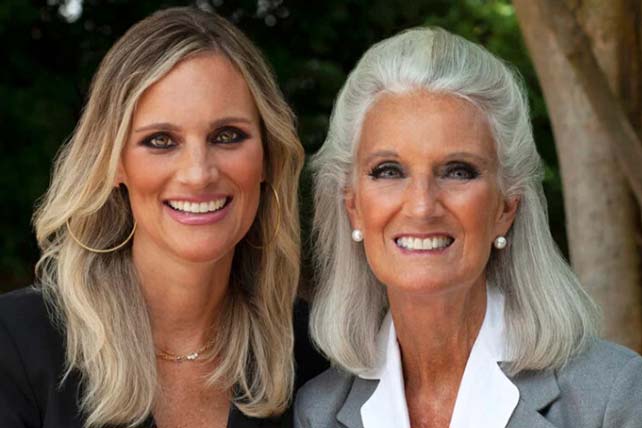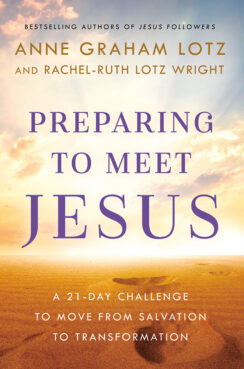“Why does my new Shure Beta 87 lack the warmth of my old Shure Beta 58?” This was the basic question to me in an email last week: how can two microphones sound so different? The answer begins with a glance at our old friend, the regular ol’ Shure SM57.
Over the weekend, I visited a church that had recently migrated from an electronic drum set to an acoustic set, and they purchased their first drum microphone kit. Before the service, I checked out the drum microphone placement and was surprised to see something other than a Shure SM57 on the snare.
A quick note, the SM57 isn’t the only snare mic option, but it’s one many people use, so my surprise was only that they were using something else. It wasn’t a judgement.
The drum kit was the new Shure PGADRUMKIT7. Yes, that’s the official name and I hate it. It’s like saying I bought the new Ford MUSTANGSPORTSCAR6. Seven microphones, six cylinders. Which, by the way, I did not. Moving on …
The PGADRUMKIT7 (sigh) includes a PGA52, three PGA56s, two PGA81s and a PGA57. Not an SM57, but a PGA57. The PGA line is the economy line, so the PGA57 retails for around $54USD while the SM57 retails around $99.
Similar but Different
The SM57 and the PGA57 are good for snare drums, but what’s the difference? Is there a difference? Heck, WHY is there a difference?
Both are dynamic cardioid microphones with the same sensitivity, impedance and with only a four-gram weight difference. But then things change.
The PGA57 has a frequency range of 70 to 15,000Hz. while the SM57 is 40 to 15,000Hz. At this point, the SM57 can support a wider range. Not an enormous difference, but it’s a start.
The polar pattern response chart is similar in both, though from what I could find, the details shown for the PGA57 are only for a response at 1000Hz so that’s what I compared. The amount of frequency detection, even as a cardioid, differs based on where the sound is detected and its frequency. This can be seen below for the SM57 and then the PGA57. (Sorry about the clarity—for some reason, Shure doesn’t standardize product specs so I had to grab one from their web site and another from a PDF spec sheet. )





















 Ministry leaders face certain unique risks that could disrupt their
Ministry leaders face certain unique risks that could disrupt their 








